Top 10 Taiwanese Culture, Customs and Etiquette
Should you remove your shoes when visiting friends? Should you greet those on elevators with a smile? When thinking about the dos and don'ts in your own ... read more...nation, these questions might not seem like the most obvious ones, but things that you might not even consider at home can have a major impact abroad. Here is a list of Taiwanese Culture, Customs and Etiquette.
-
The eldest member in a group is always greeted first, and greetings are formal. The most popular way to greet foreigners is with a handshake. When welcoming someone, a lot of Taiwanese turn their heads to the ground as a symbol of respect. They understand that Westerners typically grin pleasantly when introduced, therefore you need not emulate them.
"Have you eaten?" is a common rhetorical inquiry used in greetings. Chinese people typically have three names. One or two personal names are placed after the surname, also known as the family name. When Chinese women marry other Chinese, they keep their original names, and the children's last names usually match their fathers. Asking about the meaning of their names is a wonderful way to start a conversation because many people's names have some sort of poetic or other deep significance.
When you first meet someone, use their last name and any academic, professional, or honorific titles they may have. They will let you know which name to use if the people you are meeting wish to start addressing you by your first name. Some Chinese may ask you to refer to them by their more Western names in business.
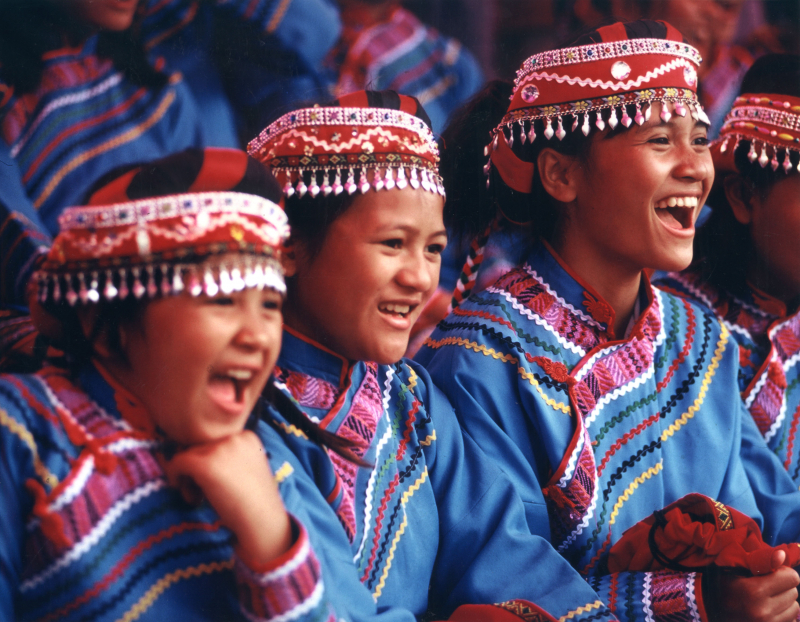
https://vewtiqepz.blogspot.com/ 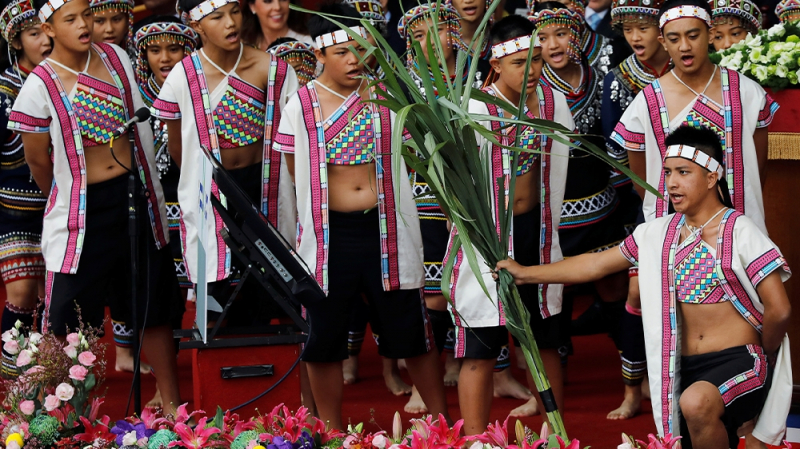
https://www.aljazeera.com/ -
At Chinese New Year, weddings, births, and funerals, gifts are exchanged. Taiwanese people enjoy food, thus a lovely food basket or a bottle of fine liquor are common gifts. A gift may be politely declined the first time it is presented. Try to extend the gift once more, but never press the matter. Give scissors, knives, or any other cutting tools sparingly because doing so is a sign that you wish to end the connection.
Clocks, hankies, and straw sandals should never be given as gifts because they are connected to funerals and passing away. Chrysanthemums and white flowers shouldn't be given because they represent death. Don't use white, blue, or black paper to wrap presents. Yellow, pink, and red are seen as lucky colors.
Gifts must be wrapped elaborately. Giving an odd number of presents is not advised because they are seen to be unlucky. Four is a bad number as well. Give no more than four of anything. The luckiest number is eight. Giving anything in multiples of eight is lucky for the recipient. Anything created in Taiwan should not be given. Use both hands to distribute gifts. When received, gifts are not always opened Gifts are typically returned. Give modest gifts unless you are compensating for a costly gift you have already received.
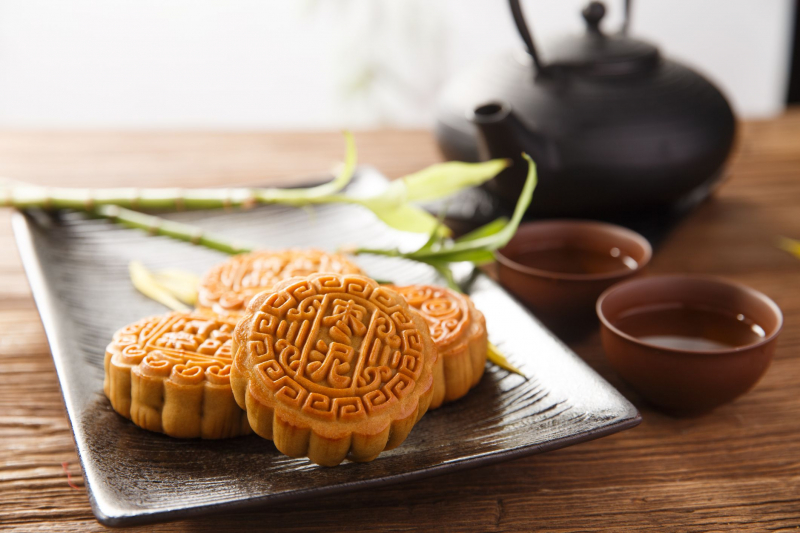
https://www.thespruce.com 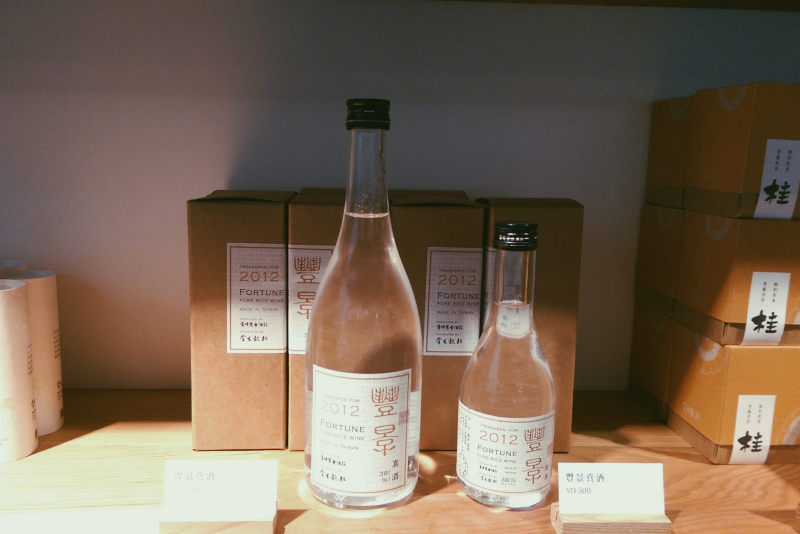
https://www.trickytaipei.com -
Communication Style is another special aspect when it comes to Taiwanese culture. A carefully crafted statement is valued in Taiwan. They value exchanging a rich and comprehensive contextual understanding and ensuring that the main point is conveyed and understood. This context is communicated through words, body language, and facial emotions. Shortness is not highly respected, especially if it compromises the delivery of the message.
People from direct cultures (the USA, Germany, Scandinavia, etc.), where context is less valued and brevity is vital, must understand that messages may be misunderstood as rudeness and that the information presented may be insufficient due to its lack of context.
People from cultures that value direct communication should be careful to carefully listen for the information they need. Be ready for questioning because a tendency to use few gestures may make it harder for the information to be understood.

https://hiasia.xyz/ 
https://wallup.net/ -
Taiwan has a loosely scheduled meeting schedule. There may be an agenda, but its purpose is to serve as a framework for debate and perhaps as a launchpad for other business concepts. There might be some time in the meeting devoted to personal conversations because relationships are important.
Meetings will continue until the discussion is finished and may go much past the specified end time because finishing a meeting satisfactorily is considered more important than keeping the meeting on schedule. As was already mentioned, Taiwanese people communicate extremely subtly and are as concerned with the impact of their words on other people as they are with the content of their communication.
As it would result in a loss of "face," they take great care to avoid saying anything out loud that would be hurtful or offensive to a fellow employee. They will wait for feedback before gradually advancing their ideas. They will simply keep quiet if they disagree with a proposition.
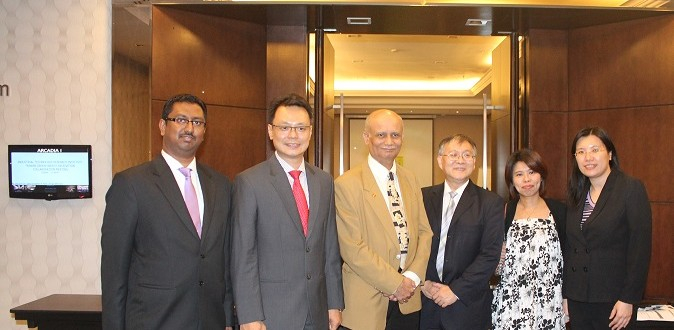
https://www.mycie.org.my 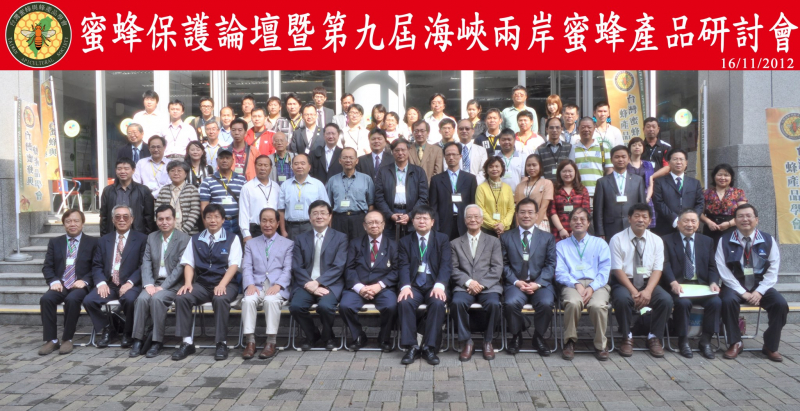
https://bees.msu.edu -
Visitors to Taiwan and many other Asian nations will notice that most people beckon to one another by rolling their fingers back and waving them toward the ground with their palms facing down. Travelers are advised to imitate this custom, as it is widely thought to be crudely suggestive, especially when a man is motioning towards a woman.
Although shaking hands was not the traditional way to welcome someone in Chinese culture, males in Taiwan today frequently do so, especially in professional settings. Strong or overly passionate handshakes, however, are viewed as hostile and can result in great confusion. In general, men and women don't shake hands when they first meet, preferring to give each other small bows of respect instead. However, this is changing, and metropolitan businesswomen are more likely than ever to extend their hands when meeting foreigners.
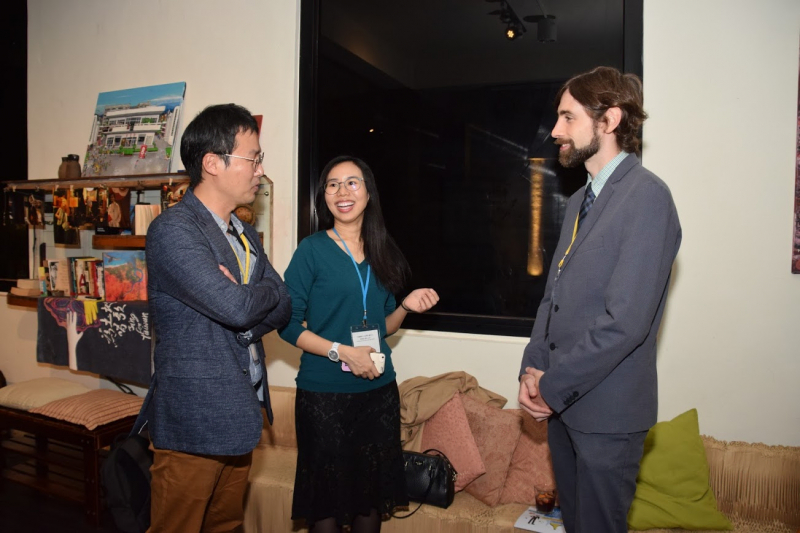
https://goldcard.nat.gov.tw/ 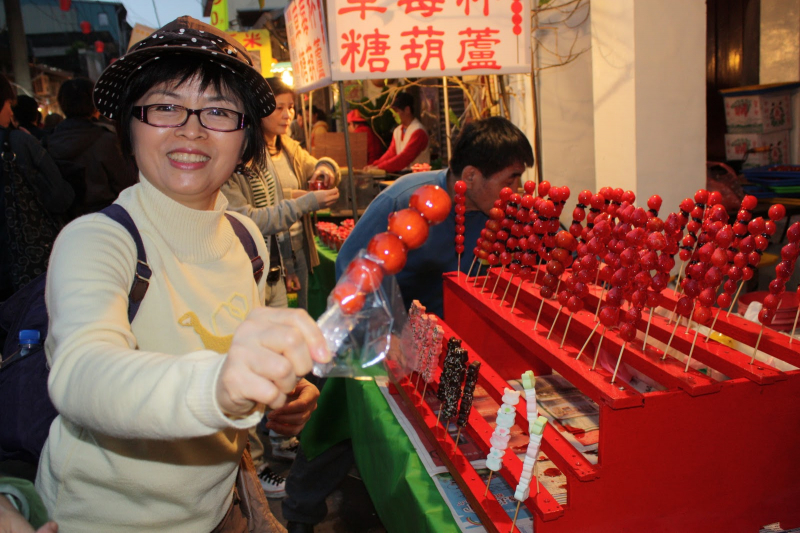
https://taiwan-ricochet.blogspot.com -
The widespread belief in bad omens and the lengths people in Taiwan will go to avoid them are two of this for the visitor that stand out the most. Death or disaster-related comments or jokes are nearly certain to cause audible cringes from those nearby and can make certain persons noticeably tense. For instance, many Taiwanese may believe that a seemingly innocent statement like "she's going to get herself killed walking in front of all that traffic" will truly occur. This is not to argue that cautionary advice is improper; rather, it means that such advice should not be followed by a description of what might happen if it is disregarded.
This helps to explain why so many Taiwanese refuse to create last wills out of fear that such action will hasten their own demise. In Taiwan, actions that indicate the concept that something bad could happen are likewise commonly avoided. Giving someone a handkerchief, for instance, is not advised because it suggests that they could be about to cry. White flowers, which are customary during funerals and are associated with death, should also be avoided. It is advisable to select various colors if you want to give someone flowers.
Even words or phrases that invoke thoughts of death can be offensive. The most egregious example of this is when the Chinese character for "four" (s), when pronounced incorrectly, can also imply "to die" (s). Giving clocks as presents is particularly absurd because the Mandarin verb "to give a clock" (sngzhng) has the same pronunciation as the verb "to attend a funeral."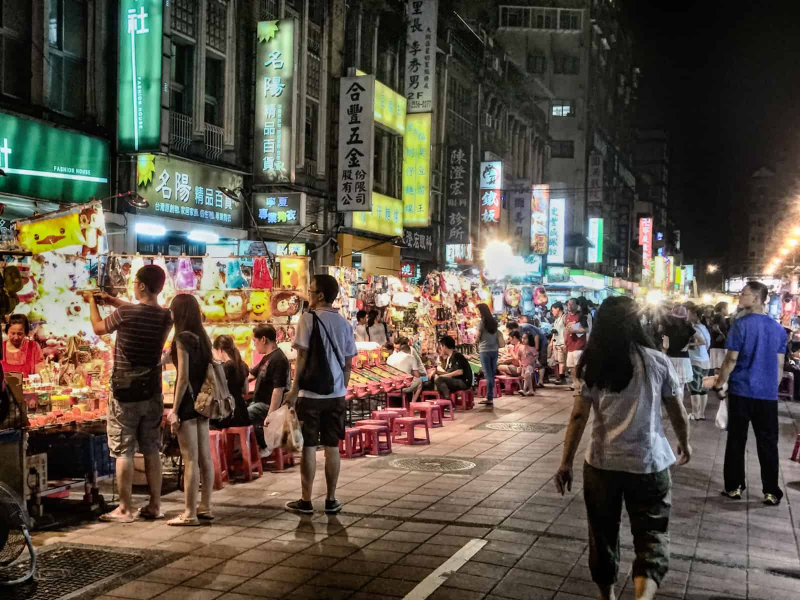
http://www.treksplorer.com 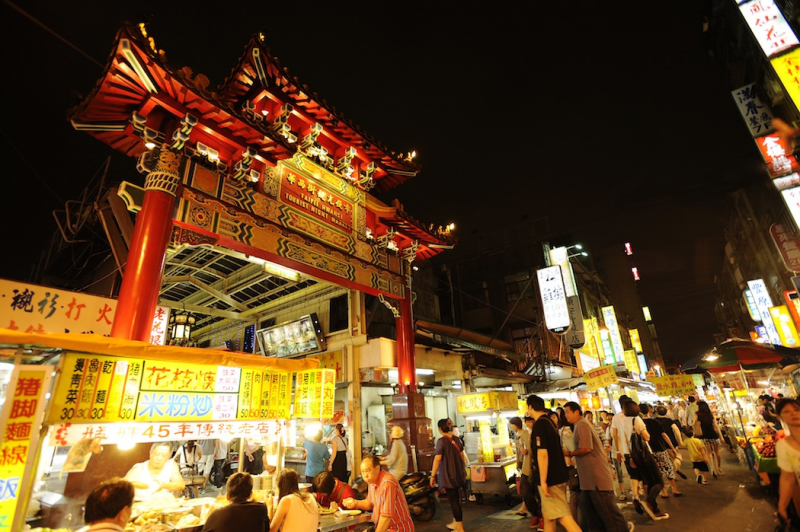
https://tallypress.com/ -
How some of the oldest Chinese superstition has persisted - and even thrived - in one of the most technologically advanced nations in the world is one of Taiwan's most fascinating characteristics, and it never ceases to astound even the longest-term of foreign expatriates.
This seeming paradox permeates Taiwanese daily life and may be seen in innumerable behaviors, from the stylish young computer salesman making elaborate offerings at a temporary temple outside of his cool downtown Taipei store to the working female geneticist ardently yearning for a son.
Although the majority of the sites of ancient lore are on the mainland of China, many traditional behaviors were eradicated during the decades of Maoist revisionism and were mostly replaced by ostentatious materialism. Taiwan is the place where ancient Chinese superstitions—mostly Fujianese—are most pervasive. Traditional southern Chinese beliefs, such as those of the Cantonese, have survived in places like Hong Kong and Macau.
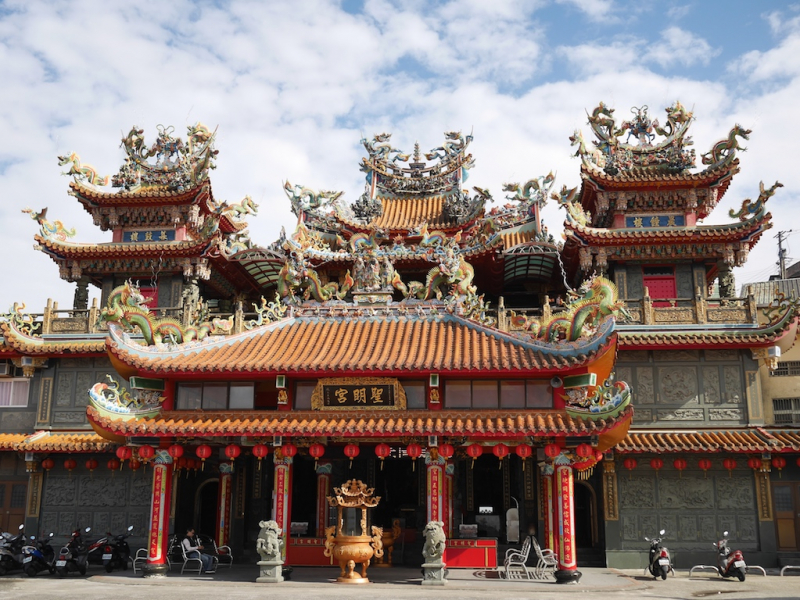
https://www.isidorsfugue.com 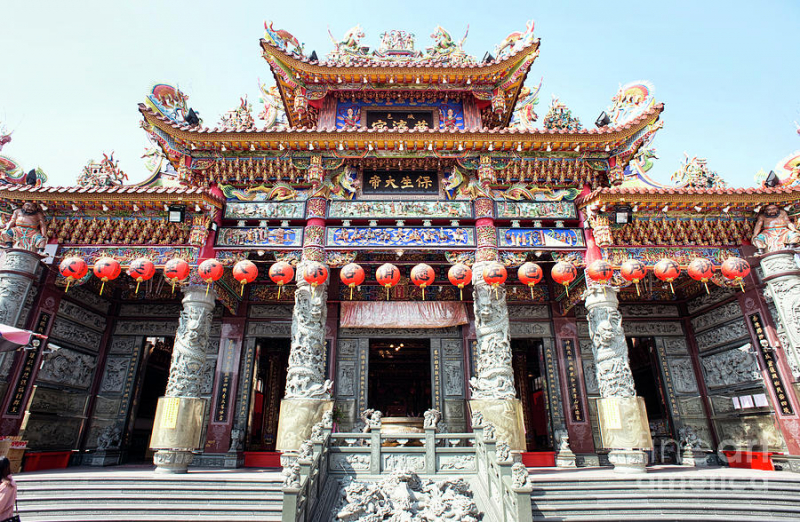
https://fineartamerica.com -
In Taiwan, as in many other Asian countries, the idea of "face," or the line that divides civility and public pride, is pervasive, but those who are naturally considerate and sensitive to others are unlikely to run into major issues. Many Taiwanese have traveled, studied, or worked abroad and have grown somewhat used to "Western" behavior. As a result, many Taiwanese, especially those living in cities, are quite tolerant of foreigners and frequently absolve them of the subtleties of Taiwanese face.
The best rule to follow is to refrain from acting in a way that would embarrass someone in front of you or others. It is rarely welcomed and almost always results in "loss of face" when one criticizes another person, especially in front of others. Losing one's temper in public and openly showing rage is a surefire way to ruin one's reputation, not just for oneself but also for those who were the targets of your outburst and occasionally even for others nearby.
Such outward expressions of emotion are not only likely to embarrass you much, but also frequently persuade people that you are uncivilized and unworthy of further assistance. Taiwanese people generally believe in the virtue of self-control when interacting with others, which is not to say that they never get furious.
Taiwanese frequently smile or giggle uncomfortably when they are embarrassed or sad, which can be perplexing or even irritating to a foreigner who is not used to it. Try to reply with a smile of your own after realizing that such smiles or laughing are actually gestures of apologies rather than amusement.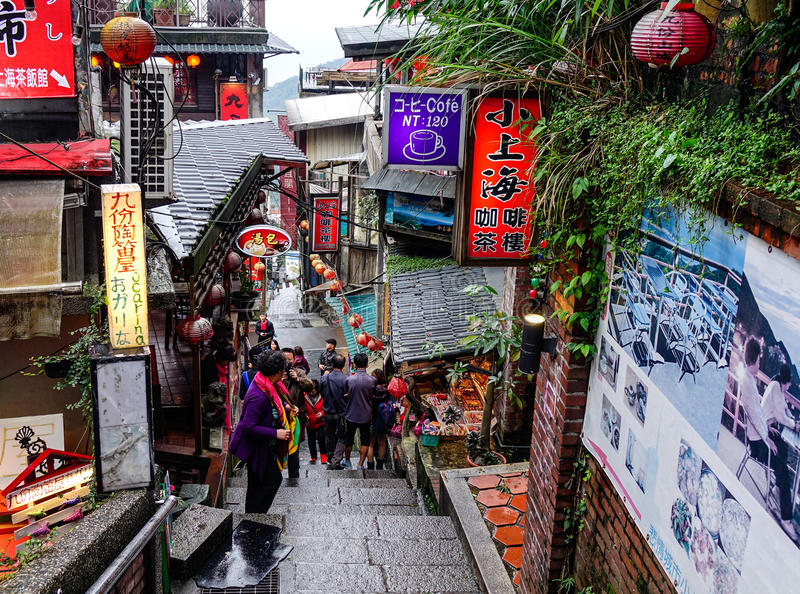
https://www.dreamstime.com/ 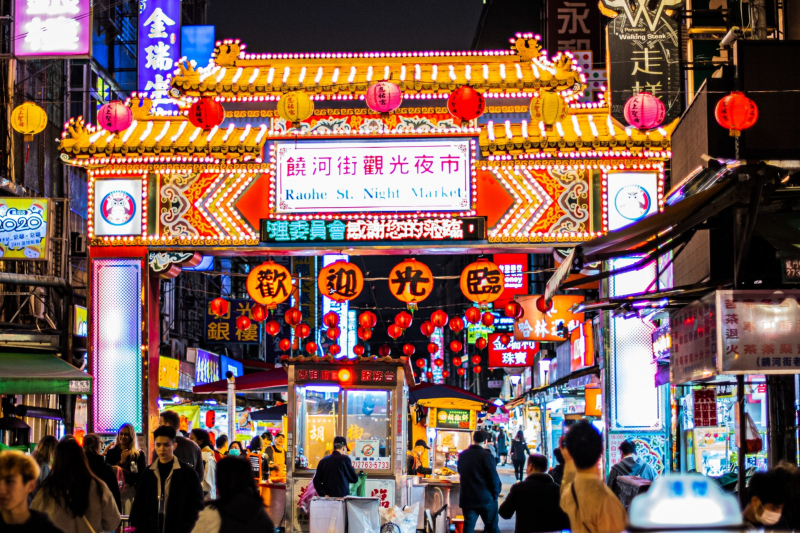
https://twomonkeystravelgroup.com -
Although there are many people who are either centrist or unconcerned, Taiwanese society is very polarized by allegiance between followers of the two major political blocs colloquially known as the "Pan-Blue Coalition" and "Pan-Green Coalition." Pan-blue supporters are more likely to favor the idea of (re)unification or keeping the status quo with China, while pan-green supporters are more likely to support the creation of a formally independent Republic of Taiwan, among other differences, to simplify a highly complex situation.
Despite certain correlations, it is extremely dangerous to infer anything about a person's political beliefs from what you believe to be their background. Since the word "mainland China" is frequently used to exclude Hong Kong and Macau as well, it is less likely to offend anyone than calling the PRC "China" alone.
Most Taiwanese will react negatively if the Republic of China is referred to as "Taiwan Province" in its entirety. In some professional settings, the term "Greater China" is acceptable. However, keep in mind that there are so many nuances and complications involved that you have already entered a minefield if you are discussing these topics. But regardless of one's political views, calling the island Taiwan is acceptable because that is what locals call it. Titles like "Republic of China" are exclusively used in formal contexts.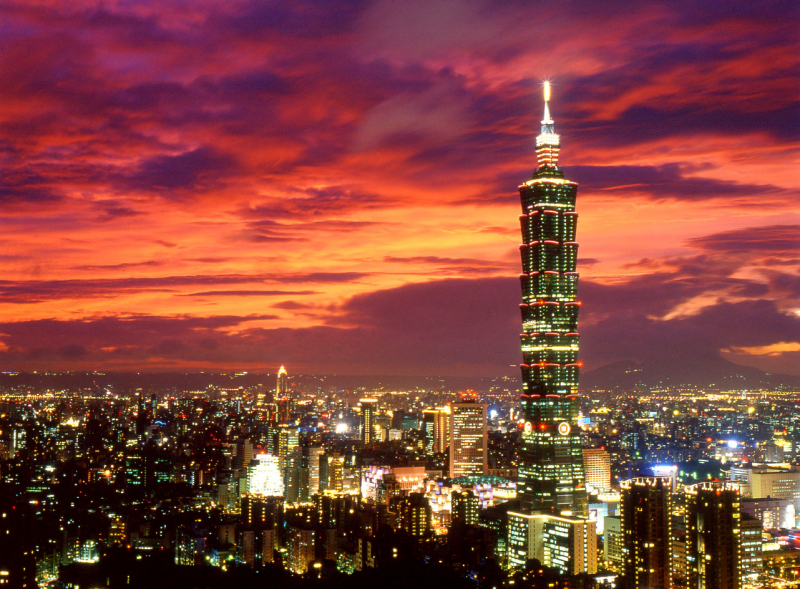
http://mediaindia.eu/ 
https://www.lipstiq.com -
The majority of the Han Chinese people living in Taiwan were either born on the mainland or have mainland-born forebears. Based on the varieties of Chinese they speak, they are split into three groups: Taiwanese, Hakka, and Mandarin. Additionally, Taiwan has a little indigenous population that makes up roughly 2% of the country's total population.
The majority of Taiwanese people adhere to traditional values founded on Confucian ideals, although pressures from industrialization are now putting these traditions under attack. However, some traditional values—such as reverence for parents, ancestor worship, a strong emphasis on work and education, and the significance of "face"—remain quite strong.
Since industrialization, women have more independence and a higher social standing, and they are increasingly valued for their unique ingenuity as well as their societal conformity. Since industrialization, women have more social standing and freedom, individual innovation is valued equally to social conformity, and obtaining monetary possessions and recognition is becoming more and more significant.
There are several conflicts between social groups. Before 1949, the majority of the population of Taiwan either originated in or has relatives who originated in mainland China. They are referred to as Taiwanese and have access to the best quality of life in Taiwan. They have the most effect on political and economic issues due to their money and size.
After mainland China was overrun by the Communists in 1949, mainlanders began to migrate to Taiwan. Government employment is prevalent in the Mainland. Relations between Taiwanese and those on the mainland have significantly improved. The least privileged socioeconomic class in Taiwan are the aborigines, who primarily reside in rural communities.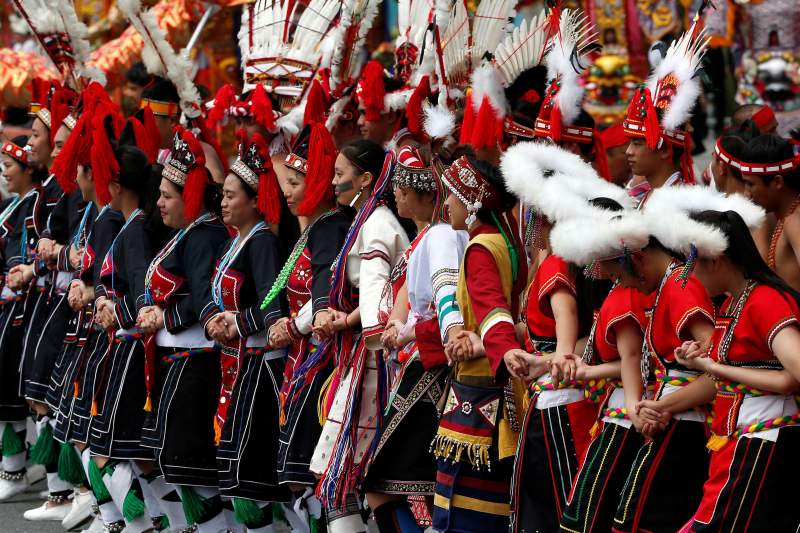
https://dedaisypeachyestela.blogspot.com 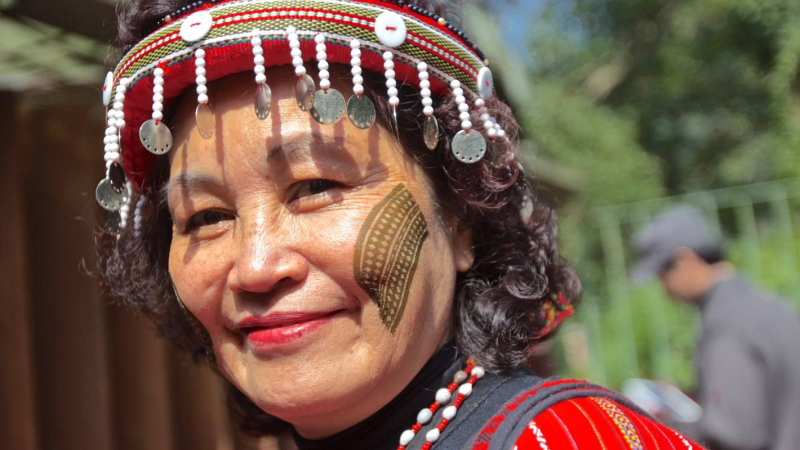
https://cavanmohamed.blogspot.com































